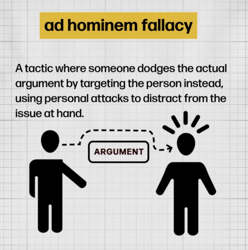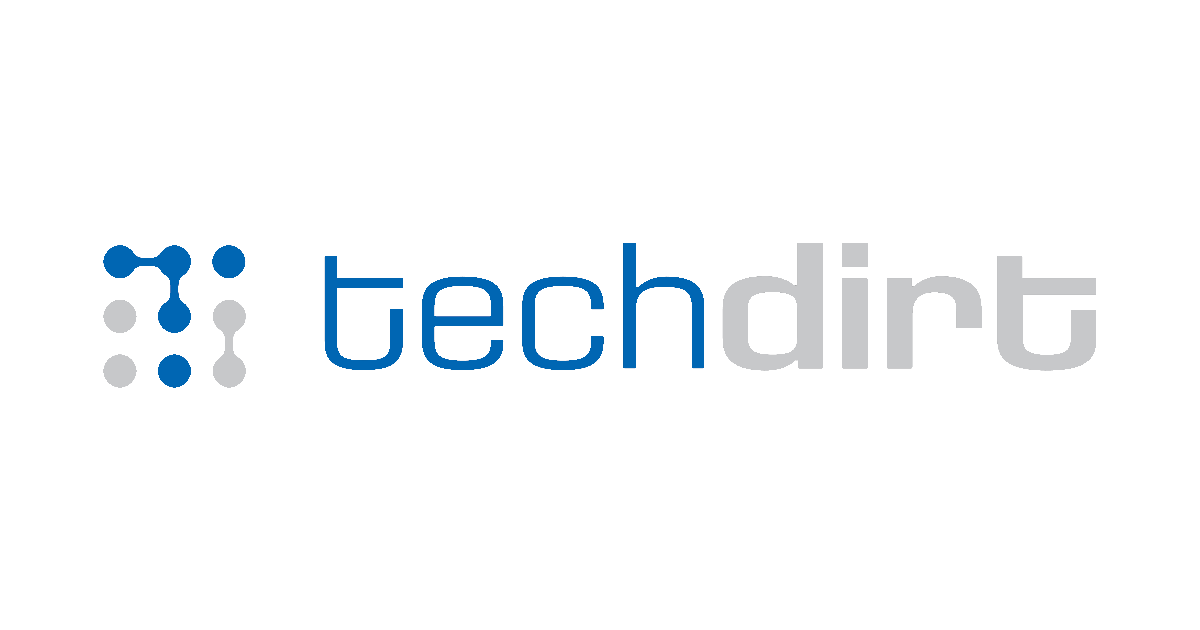There’s $42.5 billion in broadband grants are headed to the states thanks to the 2021 infrastructure bill most Republicans voted against (yet routinely try to take credit for among their constituents).
But Republicans, despite a supposed feud between Trump and Elon Musk, have been rewriting the grant program’s guidance to eliminate provisions ensuring the resulting broadband is affordable to poor people, and to ensure that Elon Musk gets billions in new broadband subsidies for his expensive and increasingly congested satellite broadband company, Starlink.
The rewrites delayed the underlying grant program, forcing many states to revamp their plans for the already earmarked funds. That includes a new bidding process. Unsurprisingly, in states like Tennessee and Colorado, Jeff Bezos’ Project Kuiper and Elon Musk’s Starlink are now poised to dominate the bidding process, resulting in a lot of taxpayer funds likely going toward satellite services… instead of fiber:
“SpaceX’s Starlink and Amazon’s Project Kuiper flooded the Tennessee office with applications, submitting more than twice as many broadband grant applications as fiber builders, while requesting on average about 10 times less in funding – at least according the application areas.”
Republicans revamped the program to make billionaires happy. Though they claim they revamped the program because they were looking to cut costs. But we’ve noted repeatedly how these Low-Earth orbit satellite broadband efforts have massive problems that make them ill-suited to tackling America’s digital divide at any serious scale.
Starlink has been criticized for harming astronomical research and the ozone layer. Starlink customer service is largely nonexistent. It’s too expensive for the folks most in need of reliable broadband access. The nature of satellite physics and capacity means slowdowns and annoying restrictions are inevitable, and making it scale to permanently meet real-world demand is expensive and not guaranteed.
One recent study found that Starlink struggles to deliver the FCC’s already flimsy definition of broadband – 100 megabits per second (Mbps) down, 20 Mbps up – in any areas where Starlink subscribership exceeds 6 households per square mile. In many areas, these capacity constraints are causing Starlink to issue “congestion” charges as high as $750.
So yes, it’s technically cheaper for taxpayers to fund expensive, congested satellite broadband service, but it results in slower, more expensive service that can’t actually deliver on the promises it’s going to be making. Republicans don’t really care about that, and later on, after the subsidies have been doled out and public is frustrated by the substandard result, they’ll just ignore the problem they caused.
The other problem is money directed to Jeff Bezos and Elon Musk is money directed away from a lot of locally owned municipal and cooperative broadband providers that have been recently using taxpayer money to deploy “future proof”, symmetrical gigabit fiber for prices as low as $60 a month.
Many states had only just started funding these promising emerging competitors, but the Trump revamp of this BEAD (Broadband, Equity, Access and Deployment) program means that if the Trump administration doesn’t like your proposal (it doesn’t reward Musk, it tries to help the poor, or it funds community broadband access) your state could lose millions or billions in funds, permanently.
Another problem: the Trump administration’s lower standards means that companies like Comcast that had originally been encouraged to deploy fiber, are now deploying slower (but still as expensive for consumers) cable broadband service. From Tennessee:
“In the initial round of funding, Comcast applied for funding for 27 project areas. In the Benefit of the Bargain round, Comcast applied to serve 39 project areas. The key difference is that, in the initial round, Comcast proposed to serve these areas with fiber broadband and is now proposing to serve them with cable broadband at a lower cost.”
Fiber providers may have higher up front construction costs, but they’re fixing the problem permanently and properly. As opposed to throwing the lion’s share of taxpayer money at a technology that literally and technically can’t accomplish what’s being asked of it. And, in at least one case, into the lap of a company owned and run by an overt white supremacist with a head full of conspiracy theories.
Ideally, you want taxpayer money going primarily to fiber. After that, to stuff like fixed wireless and 5G wireless. After that, you fill in the gaps with LEO satellite service. LEO satellite service shouldn’t be the primary choice. But because the U.S. is too corrupt to function, that logic’s flying right out the window, and most of the funding is now poised to get dumped into the laps of Trump’s favorite billionaires.\



It is we who plowed the prairies, built the cities where they trade
Dug the mines and built the workshops, endless miles of railroad laid
Now we stand outcast and starving 'midst the wonders we have made
But the union makes us strong